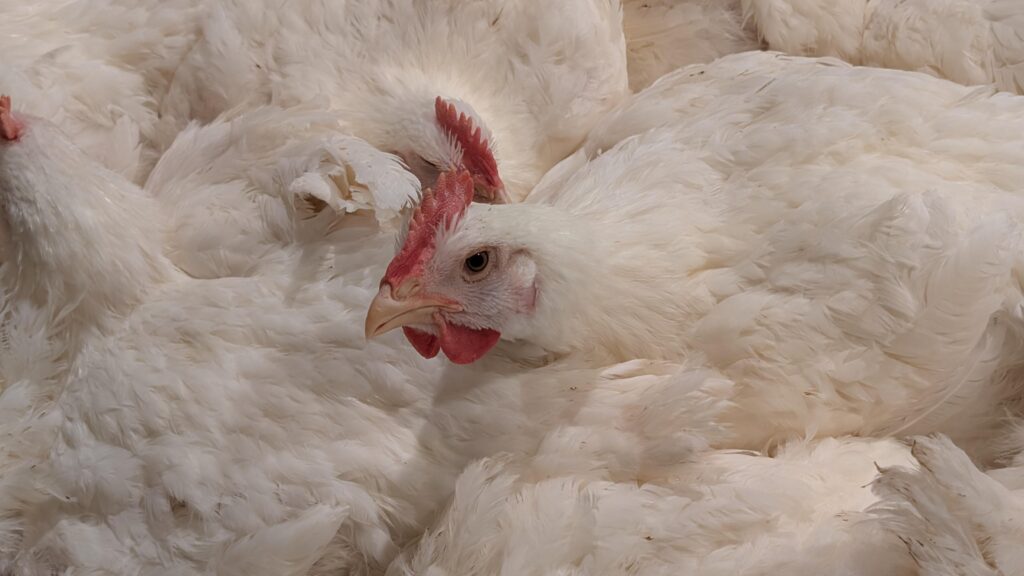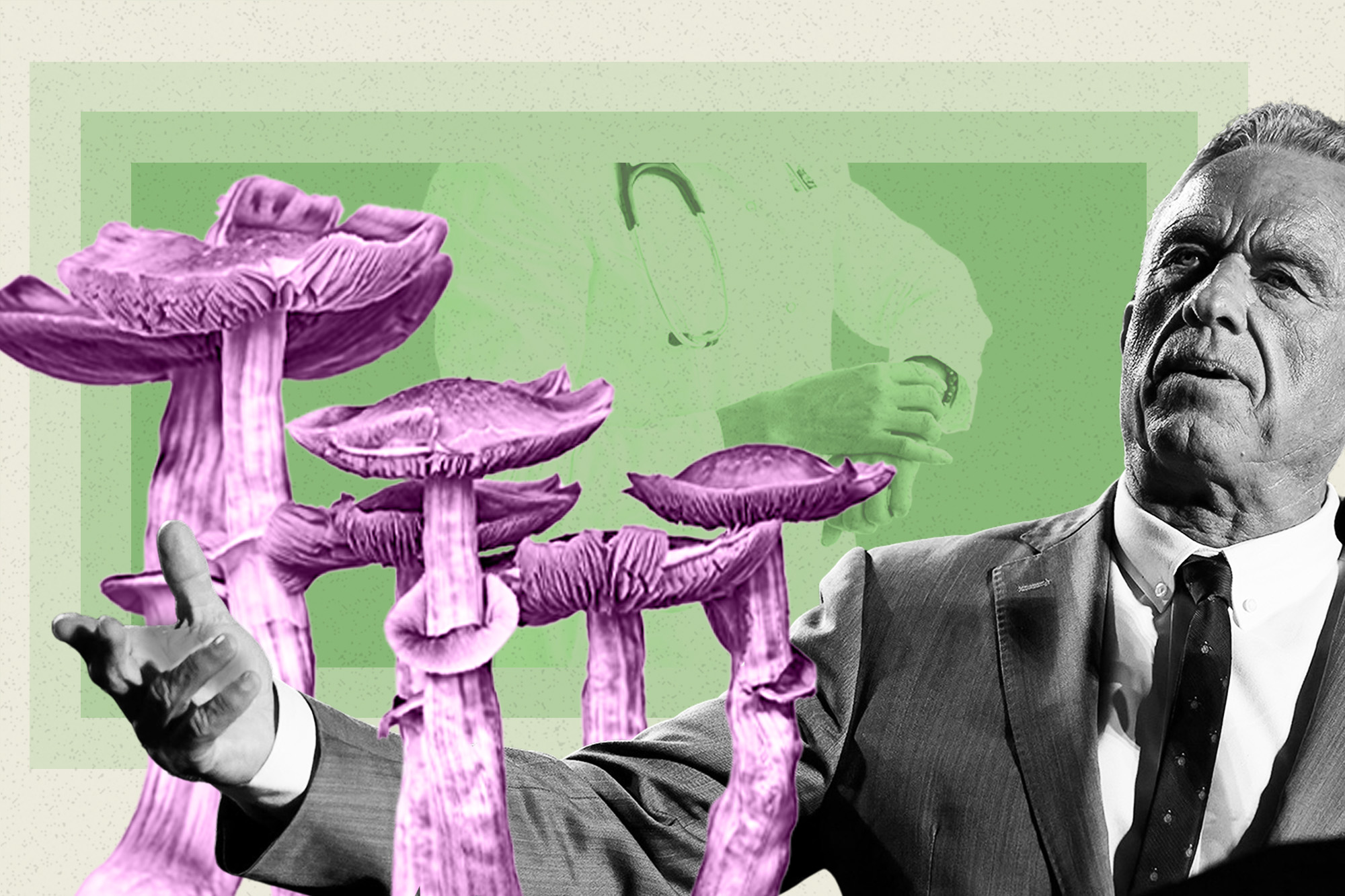
Georgia Tech Research Institute (GTRI) is advancing poultry farming by developing two innovative technologies aimed at enhancing climate and moisture control within poultry houses. These technologies promise to create healthier environments for flocks while simultaneously reducing operational costs for farmers.
The first technology focuses on precise climate regulation, enabling farmers to maintain optimal temperature and humidity levels. This innovation is crucial, as extreme conditions can stress birds, leading to decreased productivity and increased mortality rates. The second development targets moisture management, which is vital in preventing the growth of harmful pathogens that thrive in damp conditions.
Dr. Jason A. Smith, a lead researcher at GTRI, stated, “By implementing these technologies, we can significantly improve the living conditions for poultry, which in turn supports a more sustainable farming approach.” The integration of these systems not only enhances animal welfare but also aligns with global trends prioritizing sustainable agricultural practices.
Financial Benefits for Farmers
The financial implications of these innovations are substantial. Farmers often face high operational costs associated with maintaining appropriate environmental conditions in poultry houses. According to a recent study by the United States Department of Agriculture (USDA), efficient climate control can reduce energy expenses by up to 20%. With energy costs rising, these savings could prove essential for many poultry operations.
Moreover, healthier flocks can lead to increased production rates. The USDA estimates that improved flock health can boost meat yield by as much as 15%. As a result, GTRI’s technologies not only enhance animal welfare but also contribute to the economic viability of poultry farming.
Future Implications and Research
The research conducted by GTRI is part of a broader initiative to innovate within the agricultural sector. By addressing the pressing issues of climate and moisture control, GTRI is setting a precedent for future technological advancements in food production.
As the global population continues to grow, the demand for poultry products is expected to rise. Innovations like those from GTRI could play a crucial role in meeting this demand sustainably. The team at GTRI is committed to further refining these technologies, ensuring they are accessible and affordable for farmers worldwide.
In conclusion, GTRI’s development of climate and moisture control technologies represents a significant step forward for the poultry industry. By prioritizing both animal welfare and economic efficiency, these innovations offer a promising path toward sustainable farming practices that could benefit farmers, consumers, and the environment alike.






